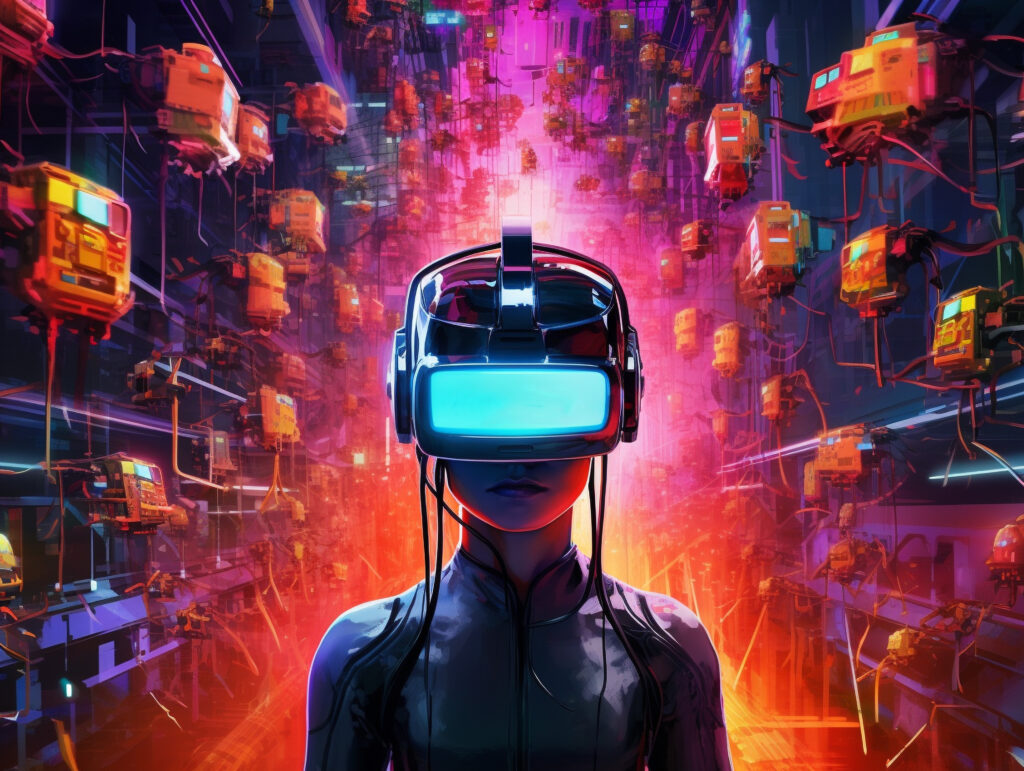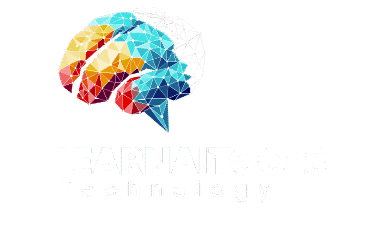
Generative AI Gaming 2025
Introduction
Generative AI Gaming 2025 is more than just a trend—it is a groundbreaking evolution that is reshaping the gaming industry. Unlike traditional gaming methods where developers manually design every character, storyline, and environment, generative AI leverages advanced machine learning models to create dynamic, personalized, and immersive experiences. In 2025, this technology is not only transforming how games are built but also how they are played, making entertainment more engaging, adaptive, and limitless.
What Makes Generative AI Gaming 2025 Unique?
Generative AI Gaming 2025 is characterized by its ability to autonomously generate content, narratives, and worlds. With AI tools becoming more sophisticated, developers no longer need to spend years building massive environments. Instead, AI models can design landscapes, dialogues, and missions in real time.
For example:
- AI-driven engines can generate endless quest lines tailored to individual players.
- Characters can engage in unscripted conversations, adapting to user decisions.
- Environments evolve dynamically, making no two gameplay experiences the same.
This adaptability ensures players experience a level of freedom and creativity never possible before.

The Role of Generative AI in Game Development
Generative AI Gaming 2025 is revolutionizing game development workflows. Developers can now focus more on creativity rather than repetitive coding or manual designing. AI automates tasks like character animations, environmental textures, and dialogue generation.
Some key benefits include:
- Speed: Game production timelines are drastically reduced.
- Cost-efficiency: Smaller studios can now compete with giants by leveraging AI tools.
- Creativity: AI suggests new designs and narratives beyond human imagination.
- Scalability: Developers can create larger, more detailed universes without exponential costs.
Immersive Player Experiences
Generative AI Gaming 2025 is putting players at the center of innovation. Unlike static gameplay, AI ensures every decision influences the storyline and outcome. This leads to truly immersive and personalized experiences.
- Dynamic Storytelling: Narratives adapt to player actions, creating unique plots.
- AI-Driven NPCs: Non-playable characters (NPCs) react intelligently, offering natural conversations.
- Custom Worlds: Gamers can build environments that evolve in real-time with AI assistance.
- Personalized Quests: Missions are generated based on skill level, interests, and past performance.
This personalization enhances user engagement and keeps players returning for new experiences.
Generative AI Gaming 2025 and the Metaverse
A major aspect of Generative AI Gaming 2025 is its integration with the Metaverse. AI-generated worlds are blending seamlessly with virtual reality and augmented reality, creating interconnected ecosystems.
- Shared AI-Driven Universes: Multiple players can explore the same dynamic, evolving environment.
- Digital Twins: Gamers can create avatars that grow and adapt like real humans.
- Cross-Platform Integration: AI ensures continuity between VR, AR, and traditional gaming platforms.
This convergence is not just redefining entertainment but also shaping digital economies and social interactions.
Ethical Considerations in Generative AI Gaming 2025
While Generative AI Gaming 2025 offers countless opportunities, it also raises concerns about ethics and responsibility.
- Bias in AI: Games generated by biased datasets may unintentionally reinforce stereotypes.
- Addiction Risks: Personalized gameplay could make it harder for players to disconnect.
- Content Moderation: AI-generated content must be monitored to avoid inappropriate outputs.
- Data Privacy: Player data used for personalization must be protected against misuse.
Addressing these concerns is critical to ensure gaming remains safe, inclusive, and beneficial for all.
Business Impact of Generative AI Gaming 2025
The rise of Generative AI Gaming 2025 is not only a technological shift but also a financial revolution for the gaming industry.
- New Revenue Models: AI-generated assets can be monetized as NFTs or in-game purchases.
- Indie Empowerment: Smaller studios can compete with big players using AI-driven tools.
- Global Accessibility: Games can be localized instantly into multiple languages.
- Player-Centric Monetization: Personalized content increases customer loyalty and spending.
By 2025, analysts predict the gaming industry’s market value will soar, with generative AI as one of the key drivers of growth.
Real-World Applications of Generative AI Gaming 2025
- Procedural World-Building: AI generates landscapes that expand infinitely, like in sandbox games.
- Interactive Storytelling Engines: Games such as role-playing adventures offer evolving narratives.
- Adaptive Difficulty: AI balances challenges based on the player’s skill level.
- AI Game Testers: Automated bots test bugs, ensuring smoother player experiences.
- Virtual Game Masters: In multiplayer settings, AI acts as a moderator and storyteller simultaneously.
These innovations are already being integrated into popular games, and their impact will grow in the coming years.
The Future Outlook of Generative AI Gaming 2025
Looking ahead, Generative AI Gaming 2025 will evolve further with advancements in quantum computing, 5G, and cloud gaming. The industry will witness:
- Larger AI-Generated Universes: Entire galaxies created with minimal human input.
- Hyper-Realistic NPCs: Characters indistinguishable from real humans.
- Cross-Reality Gaming: Unified experiences across VR, AR, and physical worlds.
- Educational & Therapeutic Games: Generative AI applied to training, therapy, and learning.
This future marks a shift where AI is not just a tool but a co-creator of entertainment.
Conclusion
Generative AI Gaming 2025 is redefining the future of entertainment, creativity, and technology. By enabling personalized experiences, reducing development costs, and expanding storytelling possibilities, generative AI is empowering both developers and players. However, its responsible adoption—considering ethics, privacy, and inclusivity—will determine whether it becomes a force for good.
As we move further into 2025, one thing is certain: Generative AI Gaming 2025 is not just transforming games—it is transforming the way humans interact with digital worlds. To explore more insights on AI innovations, visit Learn Ai Tools.




